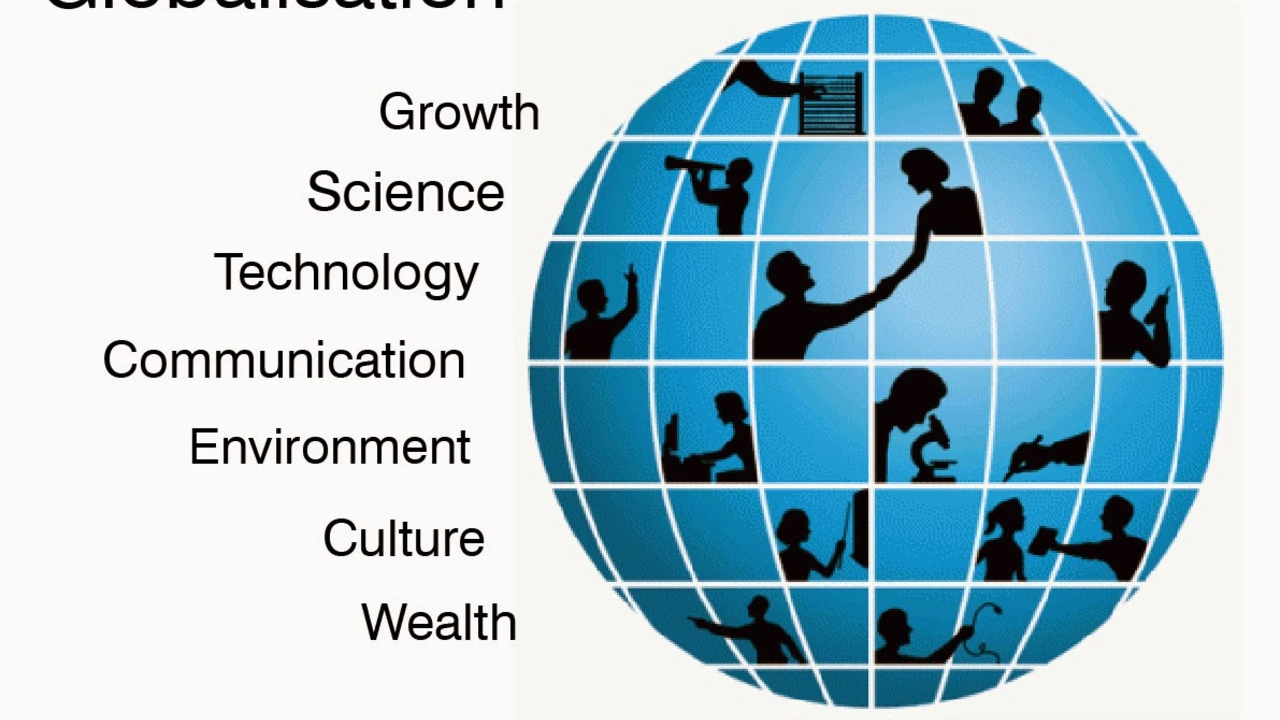Globalization: what it means and why you should care
Globalization sounds like a big word, but it touches things you use every day: the phone in your hand, the food you eat, even the shows you watch. At its core, globalization means countries, companies, and people connect more closely across borders. That connection brings cheaper goods, new jobs, faster ideas — and also new risks like supply disruptions, job shifts, and cultural clashes.
Think about your smartphone. Parts are designed in one country, chips made in another, assembled somewhere else, and sold worldwide. That chain makes devices affordable but also makes them vulnerable when one link breaks. When a factory closes or shipping costs spike, prices and availability change quickly. That’s globalization in action.
Why globalization matters for people in India
India sits at an interesting spot in this web. Our IT services serve clients globally. Indian farmers sell crops to other countries. Bollywood reaches diasporas everywhere. At the same time, global competition pushes local businesses to up their game, and trade rules affect export jobs. Remittances from Indians abroad support many families. So when global demand shifts, real lives feel it fast.
Globalization also affects culture. International films, music, and food mix with local tastes. That creates fresh opportunities for creators but also raises questions about preserving traditions. Social media makes cultural exchange instant — a trend started overseas can become a local craze overnight.
How to spot the real effects of globalization in the news
Want practical ways to follow globalization without getting lost? Start by tracking a few things: trade news (tariffs, export deals), major company moves (factories opening or closing), currency trends, and supply chain alerts (shipping delays, raw material shortages). For India, watch export sectors like textiles, IT, pharmaceuticals, and agriculture — changes there often signal wider shifts.
Also pay attention to policy changes. New trade agreements, visa rules, or manufacturing incentives can create jobs or shift investment. When a multinational sets up in India, it usually means more local hiring, supplier contracts, and tech transfer. When a company moves out, local shops and workers feel the hit.
Finally, look for simple signals: price jumps at the grocery store, sudden hiring freezes, or trending cultural content from abroad. Those small signs often come before big headlines.
If you want to use this tag page well, scan for stories that link global events to local impact. Focus on articles that explain who gains, who loses, and what ordinary people can do — like upskilling, diversifying income, or choosing locally made options when it matters.
Globalization isn’t a single thing you can switch on or off. It’s a web of choices, policies, and markets. By watching the right signals and thinking about how they touch daily life, you’ll get a clearer picture of how the world around you is changing — and what that means for you and your community.
Why is Delhi so close to Western culture?
Delhi's close ties to Western culture can be attributed to a variety of factors. The city's history of colonization has left a significant impact on its cultural landscape, blending traditional Indian elements with Western norms. Its thriving tourism, international business connections, and the influence of Western media have also played a role. The younger generation, in particular, has embraced this fusion, adopting Western trends in fashion, food, and entertainment. However, it's important to note that Delhi still retains its unique Indian identity amidst these influences.
Details +